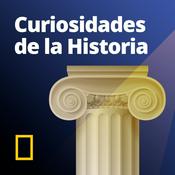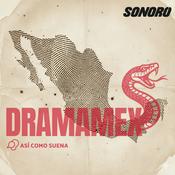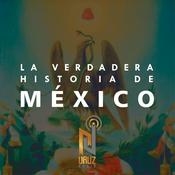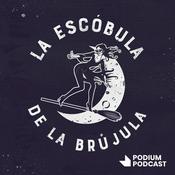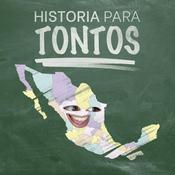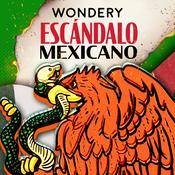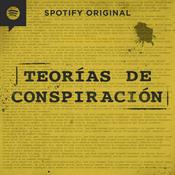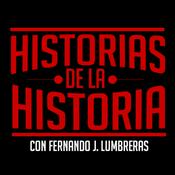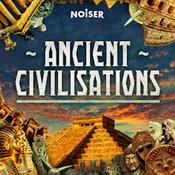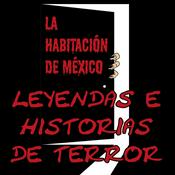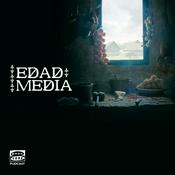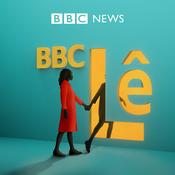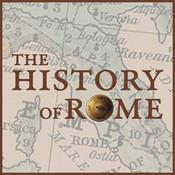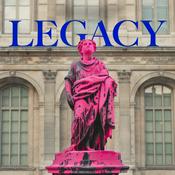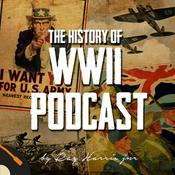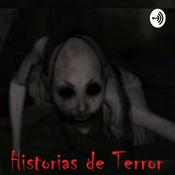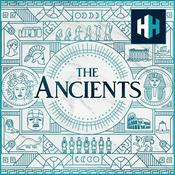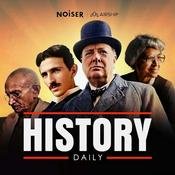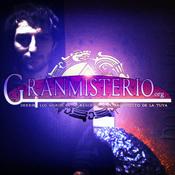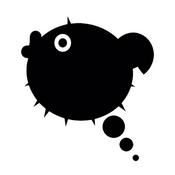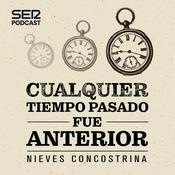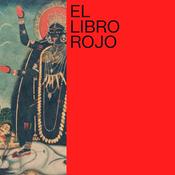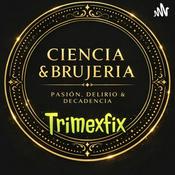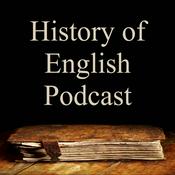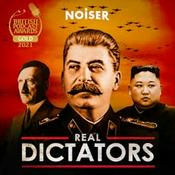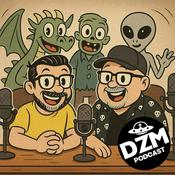445 episodios
- While the Roman Empire conquered much of western Europe and established a powerful presence in Britain, Ireland remained beyond its grasp. But why?
In this episode, I am joined by Dr Jacqueline Cahill Wilson to explore how Ireland interacted with the Roman world. It is a complex and intriguing story. Jacqueline reveals the considerable archaeological evidence that suggests Roman communities did exist in Ireland. If there was no invasion, however, this raises an obvious question: who were these people, why did they come to Ireland, and what were they doing there?
Sound by Kate Dunlea.
My guest on this episode is Dr Jacqueline Cahill Wilson. Originally from County Longford, she is a Research Fellow at the Royal Agricultural University in Cirencester. She holds an MA from the University of Reading and a PhD from the University of Bristol. From 2011 to 2015, she served first as Principal Investigator and later as Project Director of a major research project with the Discovery Programme in Dublin titled Late Iron Age and Roman Ireland. Her research focuses on social structures and identity in the past, and on how communities defined themselves and others through material evidence in the archaeological record. A key part of her work has involved the use of isotope geochemistry on human burials in Ireland, allowing researchers to identify where individuals originated from and challenging long held assumptions about identity and mobility in the past. Her work has consistently explored the interconnectedness of Ireland in its Iron Age with Britain and Europe under Roman control, periods that are often studied separately despite unfolding at the same time. She is currently working on a book titled Within or Without: Ireland in the Roman World, which brings together her doctoral research, the Discovery Programme project, and her subsequent research into a new historical study for a general readership.
Hosted on Acast. See acast.com/privacy for more information. - The Ulster Special Constabulary was one of the most controversial forces in modern Irish history. Formed amid the violence and uncertainty of the early 1920s, it was viewed by many nationalists as a sectarian militia, while in parts of the unionist community it was remembered as a force that defended order during a time of upheaval.
As debates around Irish unification return to the center of political life, the legacy of the past is once again intruding into the present. In this episode of the Irish History Podcast, Fin Dwyer is joined by historian Patrick Mulroe to examine the origins of the Ulster Special Constabulary, the conditions that led to its creation, and why its history remains so contested more than a century later.
Drawing on his article ‘Matters Best Forgotten’: The Ulster Special Constabulary in 1922, Patrick explores how and why the force became associated with some of the worst violence of the decade, and why its story continues to provoke discomfort, silence and debate today.
Support the show and get ad-free podcasts nd avideos
Sound Kate Dunlea
Hosted on Acast. See acast.com/privacy for more information. - Each February Ireland celebrates St Brigid, one of the most beloved figures in Irish history. She is woven into the landscape, the calendar and the culture, yet a simple question hangs over her story. Did she ever really exist?
You may recall a very short episode on this topic last year. Since then, I have rethought the evidence, changed my view and this episode takes a much deeper look at the history.
For centuries St Brigid has been remembered as a saint who stood alongside St Patrick at the dawn of Irish Christianity. In recent decades, however, a growing argument has claimed she was never a historical figure at all, but a pagan goddess transformed into a Christian saint.
This episode is a journey through the turbulent fifth century to examine the evidence. Drawing on early medieval sources, folklore, ritual, and modern research to explore St Brigid the woman, Brigid the goddess, and try and determine where the truth lies.
Support the show at www.patreon.com/irishpodcast
Sources and Further Reading:
Dictionary of Irish Biography Brigit: https://www.dib.ie/biography/brigit-brighid-brid-bride-bridget-a0961
Johnson, Elva Making St Brigit real in the early middle ageshttps://muse.jhu.edu/verify?url=%2Fpub%2F423%2Farticle%2F941740&r=972076
Lawrence, Lisa Pagan Imagery in the Early Lives of Brigit: A Transformation from Goddess to Saint? Proceedings of the Harvard Celtic Colloquium, Vol. 16/17 (1996/1997), pp. 39-54
Zacharias Anna Brigid, Ireland’s Anti establishment Saint https://newlinesmag.com/essays/brigid-irelands-antiestablishment-saint/
Hosted on Acast. See acast.com/privacy for more information. - What was daily life in a medieval Irish castle really like? In this special episode recorded in Barryscourt Castle I explore the reality behind the myths. My guest Jamie O’Callaghan guides you through reconstructed rooms that reveal everything from deadly defenses to secret chambers to show how people lived and all too often died in a medieval castle. We also talk about food, entertainment and the often bizarre customs that shaped life in one of Ireland's most impressive castles in the late Middle Ages.
There is a video to accompany this podcast at https://www.patreon.com/posts/148600059
You can find out more about Barryscourt at heritageireland.ie/places-to-visit/barryscourt-castle
Sound by Kate Dunlea.
Hosted on Acast. See acast.com/privacy for more information. - This episode includes discussion of sex and is not suitable for younger listeners.
Sex has always been a key part of Irish life. Yet given its intimate and private nature it often leaves little trace in the historical record. One rare exception comes from the Presbyterian Kirk Session, a church court that kept detailed accounts of behaviour it considered sinful. These records open a unique window into how people in eighteenth century Ireland navigated desire, shame, romance and rule breaking.
In this episode I am joined by Dr Leanne Calvert whose book Pious and Promiscuous: Life, Love and Family in Presbyterian Ulster uncovers the hidden sex lives of ordinary men and women in the 18th century. The conversation explores beliefs about sex, the reality of everyday relationships, courtship, affairs, pregnancy and the ways communities tried to control intimacy.
Get your copy of Leanne's book Pious and Promiscuous: Life, Love and Family in Presbyterian Ulster herehttps://shop.ria.ie/products/pious
Leanne's Blog: https://promiscuouspresbyterian.wordpress.com/
Work profile: https://pure.ul.ie/en/persons/leanne-calvert/
Sound by Kate Dunlea.
Hosted on Acast. See acast.com/privacy for more information.
Más podcasts de Historia
Podcasts a la moda de Historia
Acerca de Irish History Podcast
From the Norman Invasion to the War of Independence, the Great Famine to the Troubles, the Irish History Podcast takes you on a journey through the most fascinating stories in Ireland's past. Whether it’s the siege of Dublin in 1171 or gun battles in the 1920s, the podcast vividly recreates a sense of time and place. Each episode is meticulously researched, creating character-driven narratives that are engaging and accessible for all.Since the first episode was released back in 2010, the podcast has covered scores of captivating stories. Major multi-part series have explored the Great Famine, the Norman Invasion, and Irish involvement in the Spanish Civil War. If you are looking for standalone episodes, there are lots of great interviews with leading Irish historians covering topics from medieval sex magic to Irish connections in the Jack the Ripper murders!Why not start with 'Three Days in July', an acclaimed mini-series from the summer of 2024. It explores the early years of the Troubles and the forgotten story of a young Londoner who was shot dead by the British Army in Belfast in 1970. Hosted on Acast. See acast.com/privacy for more information.
Sitio web del podcastEscucha Irish History Podcast, Curiosidades de la Historia National Geographic y muchos más podcasts de todo el mundo con la aplicación de radio.net
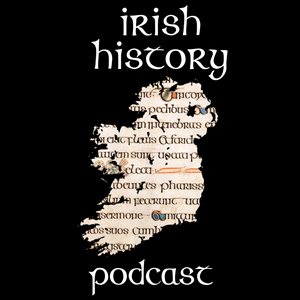
Descarga la app gratuita: radio.net
- Añadir radios y podcasts a favoritos
- Transmisión por Wi-Fi y Bluetooth
- Carplay & Android Auto compatible
- Muchas otras funciones de la app
Descarga la app gratuita: radio.net
- Añadir radios y podcasts a favoritos
- Transmisión por Wi-Fi y Bluetooth
- Carplay & Android Auto compatible
- Muchas otras funciones de la app


Irish History Podcast
Escanea el código,
Descarga la app,
Escucha.
Descarga la app,
Escucha.

